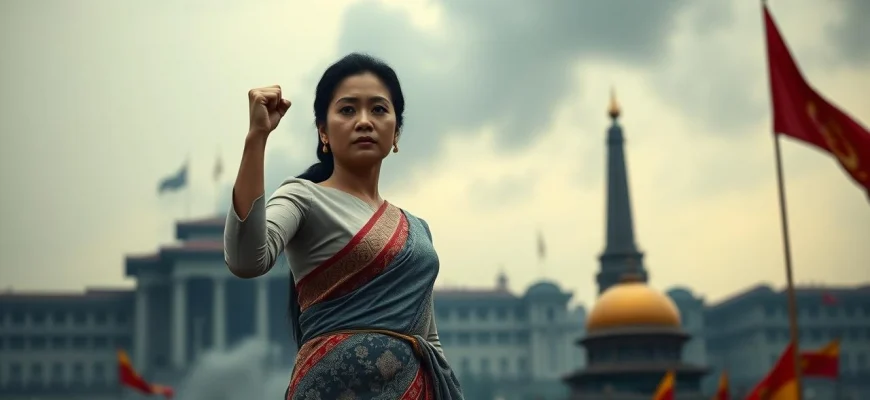If you loved 'The Lady' (2011), the inspiring biographical drama about Aung San Suu Kyi's fight for democracy in Myanmar, you're likely craving more films and shows with similar themes of courage, political struggle, and personal sacrifice. This article curates 10 compelling movies and series that echo the powerful storytelling and emotional depth of 'The Lady.' Whether you're drawn to historical dramas, real-life heroism, or gripping political narratives, this list has something for you.
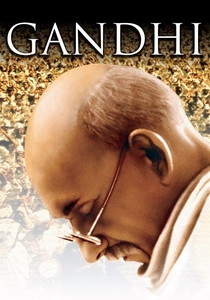
Gandhi (1982)
Description: Like 'The Lady,' 'Gandhi' is a sweeping biographical epic about a nonviolent leader who inspired a nation. Both films explore themes of peaceful resistance, personal sacrifice, and the impact of colonialism. The cinematography in both captures the scale of their subjects' influence.
Fact: Ben Kingsley, who played Gandhi, is of Indian descent (born Krishna Bhanji). The film won eight Academy Awards, including Best Picture and Best Actor. Richard Attenborough spent 20 years trying to get the film made.
 Watch Now
Watch Now 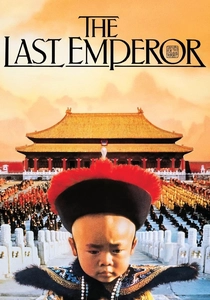
The Last Emperor (1987)
Description: Similar to 'The Lady' (2011), 'The Last Emperor' is a biographical drama that explores the life of a significant historical figure—Puyi, the last Emperor of China. Both films delve into themes of political upheaval, personal sacrifice, and the struggle for identity amidst changing regimes. The visual aesthetics in both films are lush and detailed, capturing the grandeur and isolation of their protagonists.
Fact: Directed by Bernardo Bertolucci, it was the first Western film to be shot in the Forbidden City. It won nine Academy Awards, including Best Picture and Best Director. The film's score was composed by Ryuichi Sakamoto, David Byrne, and Cong Su.
 Watch Now
Watch Now 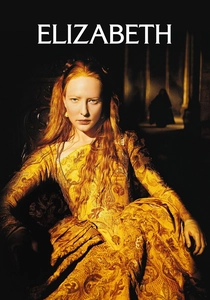
Elizabeth (1998)
Description: This film, like 'The Lady,' portrays a powerful female leader navigating a male-dominated political landscape. Both explore themes of power, sacrifice, and the personal costs of leadership. The visual style is similarly opulent, with meticulous attention to period detail.
Fact: Cate Blanchett received her first Oscar nomination for her role as Elizabeth I. The film's sequel, 'Elizabeth: The Golden Age,' was released in
 Watch Now
Watch Now 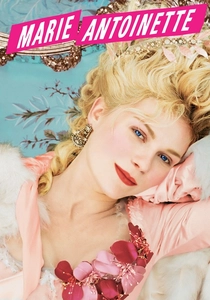
Marie Antoinette (2006)
Description: Like 'The Lady,' this film explores a famous historical woman misunderstood by her contemporaries. Both films use visual style to immerse viewers in their protagonist's world, though 'Marie Antoinette' takes a more anachronistic approach. The themes of isolation and public scrutiny are similar.
Fact: Director Sofia Coppola won the Best Costume Design Oscar for the film. The soundtrack features contemporary music like New Order and The Strokes. The film was shot at the Palace of Versailles, the first production allowed to film there since the French Revolution.
 Watch Now
Watch Now 
The Queen (2006)
Description: Both 'The Queen' and 'The Lady' examine how female leaders navigate public and private crises. They offer intimate portraits of women under immense pressure, balancing duty with personal emotion. The films share a restrained, nuanced approach to storytelling.
Fact: Helen Mirren won an Oscar for her portrayal of Queen Elizabeth II. The film's script was partially based on confidential sources within Buckingham Palace. Director Stephen Frears used real news footage to create a sense of authenticity.
 Watch Now
Watch Now 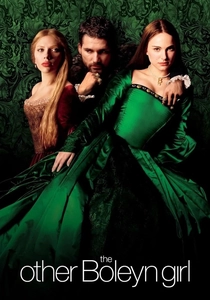
The Other Boleyn Girl (2008)
Description: Like 'The Lady,' this film examines a woman navigating treacherous political waters. Both explore how female ambition is perceived and punished in patriarchal systems. The period settings are similarly lavish, though 'The Other Boleyn Girl' focuses more on court intrigue.
Fact: Natalie Portman and Scarlett Johansson play sisters Anne and Mary Boleyn. The film is based on Philippa Gregory's historical novel. It was shot in various English castles, including Hever Castle, Anne Boleyn's childhood home.
 Watch Now
Watch Now 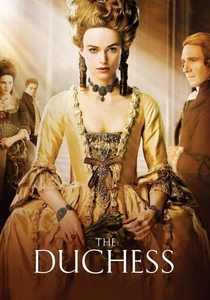
The Duchess (2008)
Description: Both 'The Duchess' and 'The Lady' portray women constrained by societal expectations who become symbols of resistance. The films share themes of female agency and the cost of defiance. The production design in both meticulously recreates their historical periods.
Fact: Keira Knightley's performance earned her a British Independent Film Award. The film's costumes influenced late 2000s fashion trends. It's based on the life of Georgiana Cavendish, Duchess of Devonshire, an ancestor of Princess Diana.
 Watch Now
Watch Now 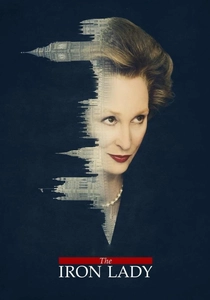
The Iron Lady (2011)
Description: Both 'The Iron Lady' and 'The Lady' focus on groundbreaking female political leaders—Margaret Thatcher and Aung San Suu Kyi, respectively. They examine the challenges these women faced in male-dominated arenas and the personal sacrifices they made. The films use flashbacks to juxtapose past and present, creating a reflective tone.
Fact: Meryl Streep won her third Oscar for her portrayal of Thatcher. The film faced criticism for its portrayal of Thatcher's dementia. Streep spent months studying Thatcher's voice and mannerisms to prepare for the role.
 Watch Now
Watch Now 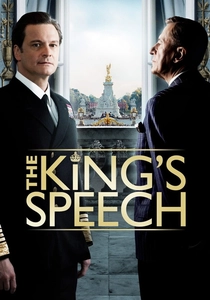
The King's Speech (2010)
Description: Like 'The Lady,' 'The King's Speech' focuses on a real-life leader overcoming personal challenges to fulfill their public role. Both films highlight the intersection of personal and political struggles, with strong performances that humanize their subjects. The emotional tone is similarly inspiring, showing resilience in the face of adversity.
Fact: Colin Firth won an Oscar for his portrayal of King George VI. The film's budget was relatively modest at £8 million but grossed over £250 million worldwide. Director Tom Hooper used unconventional framing to emphasize the king's isolation and vulnerability.
 Watch Now
Watch Now 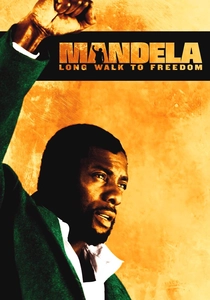
Mandela: Long Walk to Freedom (2013)
Description: This film, like 'The Lady,' chronicles a Nobel Peace Prize winner's struggle against oppression. Both depict lengthy personal journeys marked by imprisonment and ultimate triumph. The emotional arcs are similarly uplifting, showing the power of perseverance.
Fact: Idris Elba learned Xhosa, Mandela's native language, for the role. The film premiered in South Africa on the day of Mandela's death. It's based on Mandela's autobiography of the same name.
 Watch Now
Watch Now 
